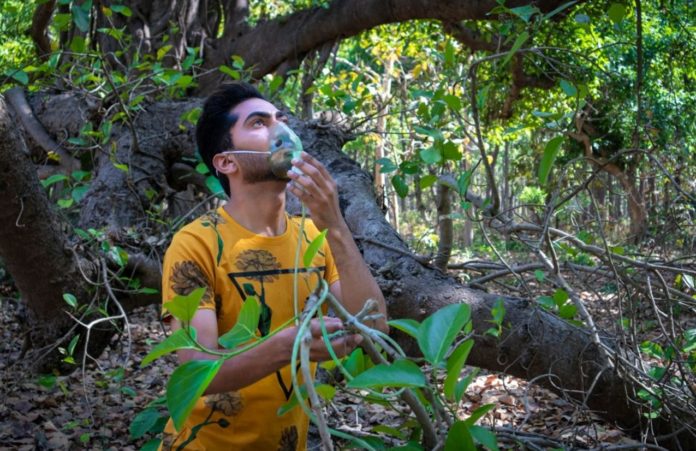Oxygen can also be produced without sunlight, possibly deep below the ocean surface, says new study
You may be surprised to learn that there is more going on in the deep, dark ocean waters than you imagine. Many microscopic microorganisms go about their everyday lives in the water columns, and now scientists have found that some of them produce oxygen in a surprising way.
Oxygen is essential for the survival of all life on Earth, and it is primarily generated by plants, algae, and cyanobacteria through the process of photosynthesis. Only a few bacteria have been discovered that can produce oxygen in the absence of sunshine, and they have only been found in very small numbers and in very particular environments.
Nitrosopumilus maritimus and its relatives, ammonia oxidizing archaea, are ocean-dwelling microbes.
“These guys are really abundant in the oceans, where they play an important role in the nitrogen cycle. For this they need oxygen, so it has been a long standing puzzle why they are also very abundant in waters where there is no oxygen,” says Beate Kraft, a biologist and one of the study lead author, adding:
“We thought; They just hang out there with no function; they must be some kind of ghost cells.”
There was, however, something strange about this;
“These microbes are so common, that every 5th cell in a bucket of sea water is one of them”, adds Donald E. Canfield, co-author of the paper.
But could they still function in oxygen-depleted water, the researchers wondered?
How they make their own oxygen
Beate Kraft made the decision to put them to the test in a lab setting.
“We wanted to see what would happen if they ran out of oxygen – like they do when they move from the oxygen rich waters to oxygen depleted waters. Would they survive?”
“We saw how they used up all the oxygen in the water, and then to our surprise, within minutes, oxygen levels started increasing again. That was very exciting!,” Don Canfield recalls.
Nitrosopumilus maritimus was found to be able to make oxygen in a dark environment. Not much — not quite enough to have an effect on Earth’s oxygen levels, but enough to keep itself running.
“If they produce a little more oxygen than they need themselves, it will quickly be taken by other organisms in their neighborhood, so this oxygen would never leave the ocean,” explains Beate Kraft.
However, what impact do these extraordinarily plentiful oxygen-producing microbes have on the environment in which they live?
Scientists were already aware that ammonia oxidizing archaea are microorganisms responsible for maintaining the global nitrogen cycle, but they were unaware of their full capabilities.
In the newly discovered pathway, Nitrosopumilus maritimus combines oxygen production with the production of gasous nitrogen. By doing so they eliminate bioavailable nitrogen from the environment.
“If this lifestyle is widespread in the oceans, it certainly forces us to rethink our current understanding of the marine nitrogen cycle,” adds Beate Kraft.
“My next step is to investigate the phenomenon we saw in our lab cultures in oxygen depleted waters in various ocean spots around the world,” she adds.
Her study team has already collected samples in Denmark’s Mariager Fjord, and their next visit will be the waters off the coasts of Mexico and Costa Rica.
Source: 10.1126/science.abe6733
Image Credit: Getty
You were reading: Ghost organisms hanging out in the dark found to produce oxygen without sunlight, new research shows
